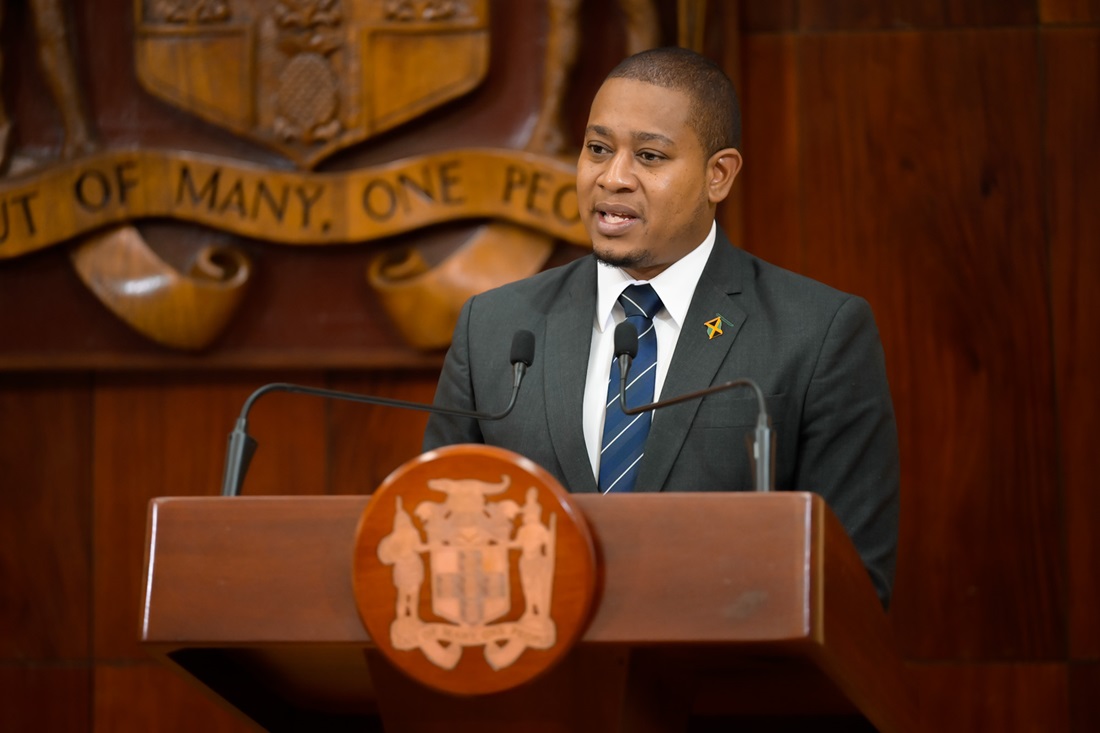#TurksandCaicos, June 22, 2022 – It may seem far fetched for a small developing nation like TCI, but I’m optimistic we could lead the way by becoming an all green country. As a small island nation, we should be taking advantage of the proven cutting edge technology that’s out there, such as wind power, or solar energy which are alternatives to burning fossil fuels.
Our country is in a good position to become Trail Blazers in this arena and not just followers of the free world. For this dream to become a reality and take shape, every developer would have to contribute a small percentage of their profits into a green energy fund.
With TCI being blessed with sunshine practically 365 days out of the year, and strong eastwardly winds particularly on the island of Grand Turk, we are in a position to generate either solar or wind power. With the ongoing war in Ukraine, we have seen the geopolitical landscape of global energy production changing very rapidly. It’s a perfect storm to push for green energy especially in Caribbean countries. With that being said, a sizable investment in this area will be well worth it in the long run.
Let’s use Uruguay as an example, a relatively small country in South America. In 2020, over 40% of their electricity capacity and generation derived from solar and wind power. So what can we learn from them?
I strongly believe small countries like TCI with relatively low level of energy consumption can also champion such initiative.
Big energy companies like Fortis Inc. with approximately $58 billion in total assets, should be in a position to step up to the plate and provide a broader market of solar driven power in TCI. It’s doable because for many years, Fortis TCI have had the monopoly and made a fortune on the backs of our people.
A starting point should be with slowly eliminating those existing diesel generators, ramping up the project with burying power lines and taking on a stronger roll in supporting more homes on the “UORE” program etc.
For readers who aren’t familiar with the “UORE” program, these are customers who have been outfitted with solar panels to power their homes. These customers are also eligible to receive a monthly fixed credit from Fortis TCI, for rooftop space and an annual variable incentive based on system production.
It should be noted, Fortis TCI, is playing a much more active role within our communities with respect to the recent launch of a scholarship apprenticeship program which is commendable. I still believe more can be done, such as Fortistci working in tandem with the government and other NGOs to provide solar training classes at the local community colleges, opening more investment opportunities, etc.
Government should also push big co-operations like Carnival and Beaches resort to make a greater effort to reduce their carbon footprint. Instead of just touting our reliance on more brick and mortar investments, our government should embrace a wider vision and lead the way on this initiative to help improve our basic infrastructure.
TCI can become the envy of the Caribbean by starting with investing in solar powered vehicles, solar lights, green building materials, acquiring green buses to support public transportation etc. By investing in green busses, the health and safety of our citizens would also be at a lesser risk from harmful emissions.
Furthermore, not only will it be a cost savings to consumers, but the spin-off will result in more job creation.
We must act now! if not, in the near future, we could be faced with potentially devastating consequences like, changes in the rainy seasons, longer droughts and increasing intensity of hurricanes as we have seen over the past 10 or so years. It’s time to get out of our comfort zone and diversify our energy portfolio.
Let’s not continue to put all of our eggs in one basket like we do with our tourism sector. Let’s not wait to be broadsided again like we were with the Covid-19 pandemic, which disrupted our way of life and significantly impacted our fragile tourism economy. Let’s challenge our politicians who will dare to muster up the courage to put this front and center on their agenda.
Big oil companies continues to reap the profits while energy consumption around the world soar and the power cost adjustment in TCI keeps getting higher.
With that being said, there has never been a more crucial time for our country to explore green energy on a larger scale. We must get serious about clean energy and chart a path toward a fossil-free future. The aim and objective should be to strengthen our country economically and the resolve of our people. This is also a great way to draw down carbon emissions, while supporting the global initiatives to combat climate changes, giving everyone access to clean energy.
Ed Forbes
Concerned citizen of Grand Turk


 News6 days ago
News6 days ago
 Health7 days ago
Health7 days ago
 TCI News3 days ago
TCI News3 days ago
 Caribbean News5 days ago
Caribbean News5 days ago
 Education5 days ago
Education5 days ago
 Caribbean News1 week ago
Caribbean News1 week ago
 Caribbean News5 days ago
Caribbean News5 days ago
 Bahamas News1 week ago
Bahamas News1 week ago









